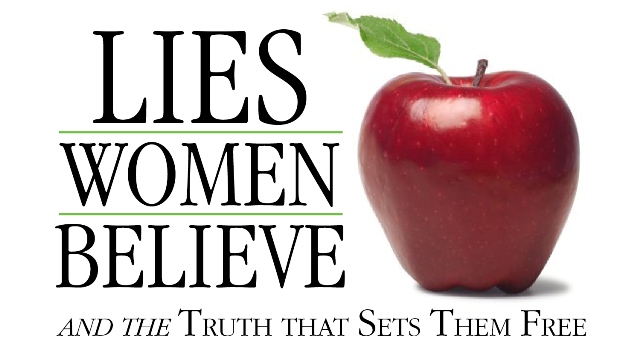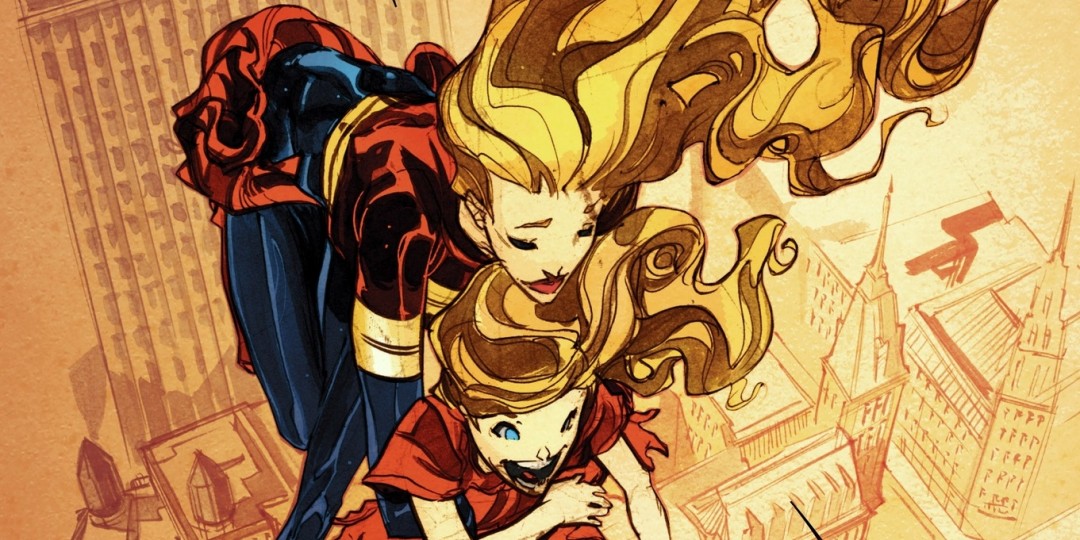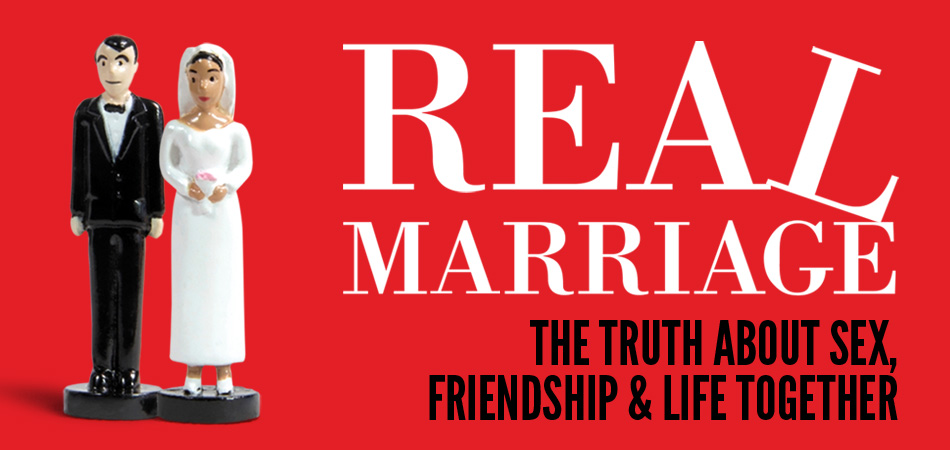Since I’ve entered seminary, at no surprise to anyone, I’ve become friends with a lot of fellow seminarians and pastors. Something I’ve discovered is that being friends on facebook with one pastor or minister means that I’ll be seeing their interactions with a lot of other pastors and ministers. Over the past couple of years I’ve seen them like or comment on a bunch of posts, and many of those posts have been celebratory. Ordinations, baptisms, commissions, and all the rest are in the background of my life now in a way that they’ve never been before. The conversations around those topics are a steady staple of the discussions I see.
And I’ve noticed a pattern.
It’s a good pattern—considering the circles I run in, most of the people I know and who they know are feminists, queer folks, and other people engaged in justice and liberation work. I’ve seen a lot of celebrations over the last two years; ordinations of women and queer folks, electing women into positions of church leadership, marrying two queer women ministers. This week, the ELCA elected Patricia Davenport as a bishop, and she’ll be the first Black woman to serve as bishop anywhere the ELCA. Considering I know a lot of Lutherans (it happens when your seminary is in Minneapolis, apparently), many of the people I know were excited and happy about this—rightly so.
As a Christian feminist, a metric butt-ton of the work is laser focused on the gender imbalance in Christian ministry. It’s true across every single denomination, even the most liberal and progressive, that men far outnumber women at every level of ministry. Even in the United Church of Christ, only a third of all local church pastors are women, even though women are 47% of the UCC’s ordained ministers. Reaching gender parity is something many of my colleagues promote and are actively working toward.
In the evangelical world that I still have half a foot in, arguments in favor of women serving in church leadership happen basically every day. I’ve seen it happen so many times in so many venues that at this point I know the patterns of the debate by heart. I know what arguments each side will make, how those arguments will be picked apart, what evidence is going to be brought up, and I know when the conversation will either end or devolve into purposeless bickering. As you can probably guess, it’s not an argument I get involved in personally very often as I rarely think it’s worth my time. My experience being a feminist on the internet has taught me not to throw my pearls before swine.
But there is one thing that all these conversations—both the celebrations and the arguments—have made me question: is this the work Christian feminists should be doing? Is convincing everyone that women are indeed permitted to become pastors a good use of our time? Is promoting women in church leadership, reaching denominational gender parity, truly a Christian feminist goal?
I’m not sure.
The last time I was regularly attending a traditional church was in February 2015—I quit going after the pastor gave a Valentine’s Day-themed sermon that was absolutely infuriating and I couldn’t take the misogyny and queerphobia anymore. After that I tried the local UMC and ELCA churches, but neither was an ideal fit for me. It’s been three years since I’ve consistently darkened a church door, and honestly, those three years have been, on a spiritual level, the healthiest of my life. I’ve explored my faith more, and more deeply, than ever before. I’ve grown more as a person and a Christian since I stopped attending a traditional church. I’ve read the Bible more. I started seminary, with no intention of seeking ordination, but just to learn more about my faith, and it’s been an extraordinary experience.
However, there’s a reason why I’m using the term “traditional church.” In the last three years, I never stopped being a part of the church, and not in the “I’m a Christian so I’m a member of the church’s body” metaphysical sense. I go to church every Sunday: it’s just in my home and it’s seven people praying together and talking about our faith, Christianity, the Bible, and theological books (which includes books like A Wrinkle in Time). We call ourselves a “book club” or a “small group,” but that’s my church.
What this experience has taught me is the value of relational power (Linthicum’s Transforming Power did a lot to form my thinking about what “relational power” is if you’d like to learn more). Linthicum sets it up as relational vs. unilateral (“dominating” or “constitutional,” pg. 81) power, but I’m starting to see it as relational vs. hierarchical power. A question I keep asking myself is can we have equality in a hierarchical system? Can hierarchical power be feminist?
I’m starting to think the answer to that question is “No.”
In my church, there is no pastor. There is no leader. We all have different gifts, different perspectives, and we benefit from all of them equally. I’m in seminary and my gifts are toward research and recall—I can remember lots of useful factoids and references. One person in my church is incredibly emotionally intelligent, and she can be so amazingly perceptive. She has a knack for cutting through a lot of the academic bullshit that I can get stuck in to get to the heart of a passage. Another woman is endlessly full of questions, and challenges all of us to seek deeper, to know better. Two of our other members are really good at keeping all our questions and interpretations and applications in perspective—what would this really look like if we started acting on it?
We all contribute, and we do so on equal footing. None of our gifts or perspectives is seen as better than another—I’m in seminary, and that means exactly squat when it comes to the leadership of the group … because there is no leadership of the group. This hasn’t been intentional. It just happened, because we had no need for anyone to serve in that role. Without anyone “in charge,” there’s absolutely no reason to worry about whether or not power is being shared equitably. It just is.
It probably doesn’t hurt that there’s five women and two men. Given that, part of me wonders if this “just happened” because we are mostly women. Is this what a feminist church could look like? A group of equals where every gift is utilized and every person is valued?
Should we be really trying to make more women powerful so that they’re as powerful as men, or should we be eliminating the power structure that’s created all these problems in the first place? Is patriarchy intrinsically hierarchical? Can the master’s tools dismantle the master’s house?
I’m not positive one way or another, but I think progressive Christians need to seriously wrestle with questions like these if our institutions have a chance at becoming healthy, non-harmful, equitable spaces.











